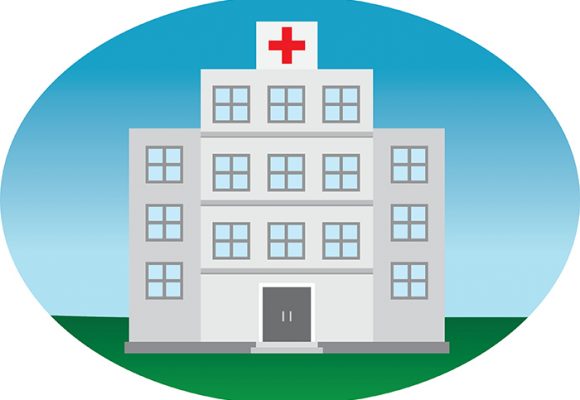
Medical offices, hospitals and clinics throughout Chicago and the nation are making the switch to electronic health records in droves. Federal law now requires that doctors and hospitals begin implementing the use of electronic records by 2015, so with incentive payments and potential fines, health care professionals are eager to apply new advances in technology to their practices now. However, many are voicing concerns that the use of EHRs may cause new instances of avoidable patient harm.
Risks of electronic health records
While the potential for convenience and accuracy is greater with EHRs, new risks have also emerged with their use. Caregivers may accidentally click on the wrong patient and enter information into an incorrect chart. They can also easily list drug doses incorrectly with one click of the button, causing a prescription drug error that has the potential to be fatal. Some systems have even ordered incorrect prescriptions for patients without any input from medical staff.
Many doctors, nurses and other health professionals are wary about the new rush to implement EHRs and feel that too much is being done too soon. Some have raised ethics questions, citing the morality of testing out new information systems on patients when these systems could adversely affect the care they receive. The implementation of an EHR system can lead to complications among staff as they must quickly learn to navigate the system’s requirements, report any bugs in the program, and wait for fixes, all while providing quick, accurate and superior care to patients in life and death situations.
One of the largest complaints about the switch to EHRs is the lack of reliable data regarding the problems that those who have already implemented the systems have faced. Fears of bad publicity and lawsuits have created a wall of silence in the medical field regarding any data that is not strictly requested by governing agencies.
How patients can protect themselves
Patients can be proactive and take control of their healthcare by being vigilant and forceful when it comes to their medical records. When being interviewed for a medical history, patients should double and triple check that their current medications are included in their charts along with dosing information. They should also ask workers detailed questions about their history during intake to ensure that the most important information is correctly taken down. Many people don’t want to be rude or seem like they are questioning the capabilities of their health care professionals but sometimes taking the extra time to ensure that things are done correctly can mean the difference between life and death.
Medical error cases are complex by nature, so those who have been adversely affected by medical malpractice in Illinois should contact a personal injury attorney immediately to discuss their matter.